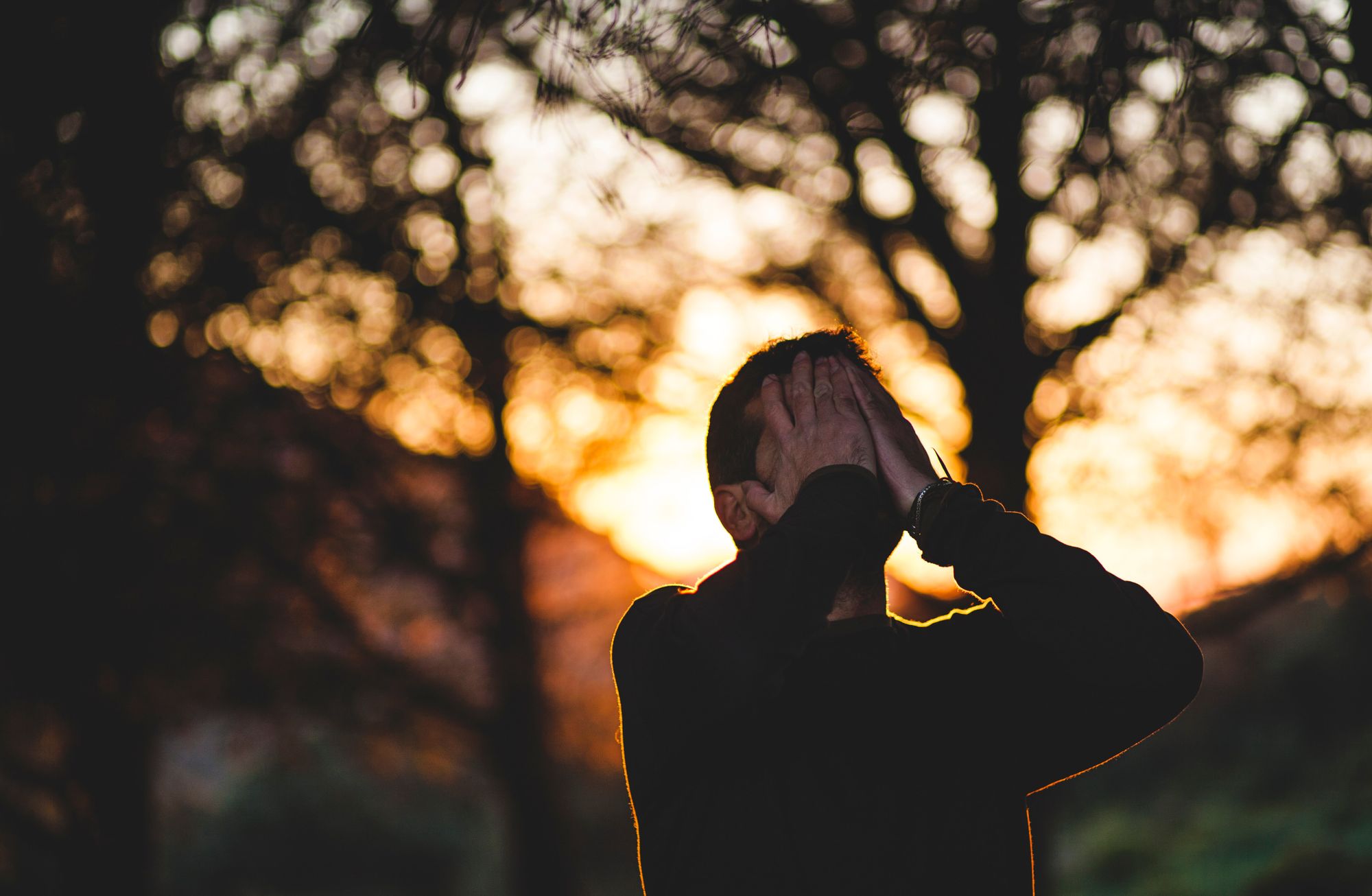Trials & Tribulations
Taking a look at the last decade from a personal perspective, and attempting to understand a little more about how to move forward.

Taking a look at the last decade from a personal perspective, and attempting to understand a little more about how to move forward.
